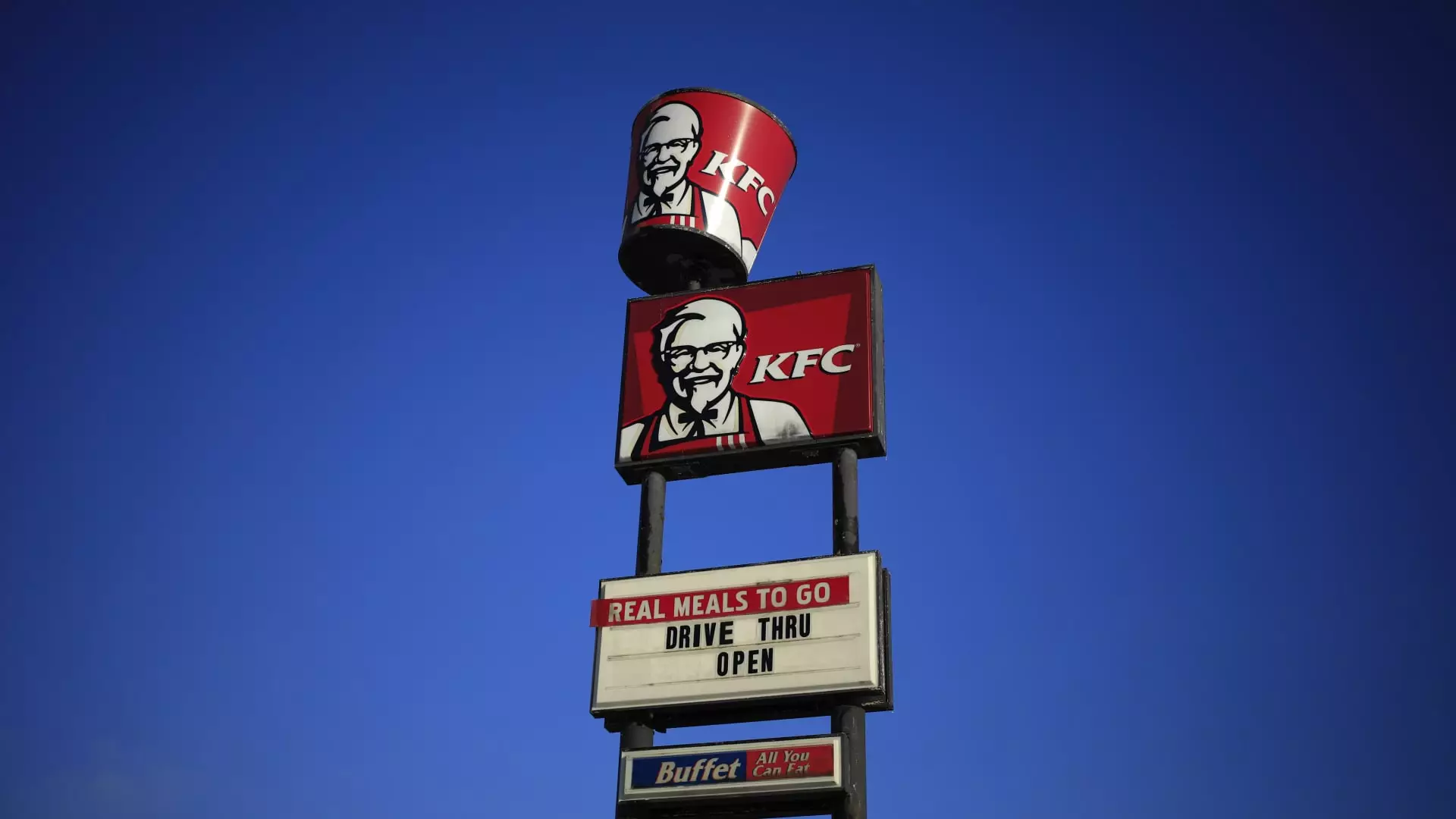In a significant and strategic shift, KFC is relocating its U.S. headquarters from Louisville, Kentucky, to Plano, Texas. This announcement, made by Yum Brands, the fast-food giant’s parent company, underscores a broader trend where businesses reassess their operational bases in response to changing economic landscapes. The move will require approximately 100 employees to transition to Texas over the next six months, marking a notable shift in the franchise’s corporate identity.
Yum Brands’ decision to establish dual corporate headquarters—one in Plano and the other in Irvine, California—demonstrates a flexible organizational approach. While KFC and Pizza Hut’s global operations are already situated in Plano, Taco Bell and The Habit Burger & Grill maintain teams in Irvine. This strategy suggests an attempt to leverage the advantages of different geographic locations while optimizing operational efficiencies. The bifurcation of headquarters can also be seen as a reaction to the growing trend of remote work, allowing the company to attract talent and foster innovation across various regions.
Despite the decision to move its headquarters, Yum Brands is not completely severing ties with Kentucky. Plans to retain an office in Louisville, alongside the continuation of the KFC Foundation, reflect a commitment to the local community. Furthermore, KFC has announced intentions to build a new flagship restaurant in its hometown, which signifies a blend of loyalty and business pragmatism. This dual approach allows KFC to maintain its historical roots while simultaneously pursuing growth in more economically favorable climates.
The current landscape of corporate relocations is shaped by various factors, particularly post-pandemic realities that include evolving workforce needs and tax incentives. The migration trend towards states like Texas, which is perceived as having more business-friendly policies, is evident in a recent report by CBRE that rates it as a popular destination for companies reevaluating their operational bases. This transition is not unique to KFC; it mirrors the movement of other organizations, such as rival Papa John’s, which previously left Louisville for Atlanta, highlighting the competitive nature of corporate real estate in a changing economy.
As KFC packs its bags for Texas, it presents an intriguing case study in modern corporate strategy. The decision to relocate offers lessons in adaptability, resilience, and the intricacies of balancing local history with global ambitions. While the move signals a fresh chapter for KFC, it also illustrates the complexities businesses face in navigating a post-pandemic world. The success of this transition will depend on how effectively KFC integrates its operations in Texas while maintaining its identity and cultural ties to Kentucky. The future chapters of KFC will undoubtedly be traced back to this pivotal moment, reshaping the narrative of a beloved brand.

Leave a Reply